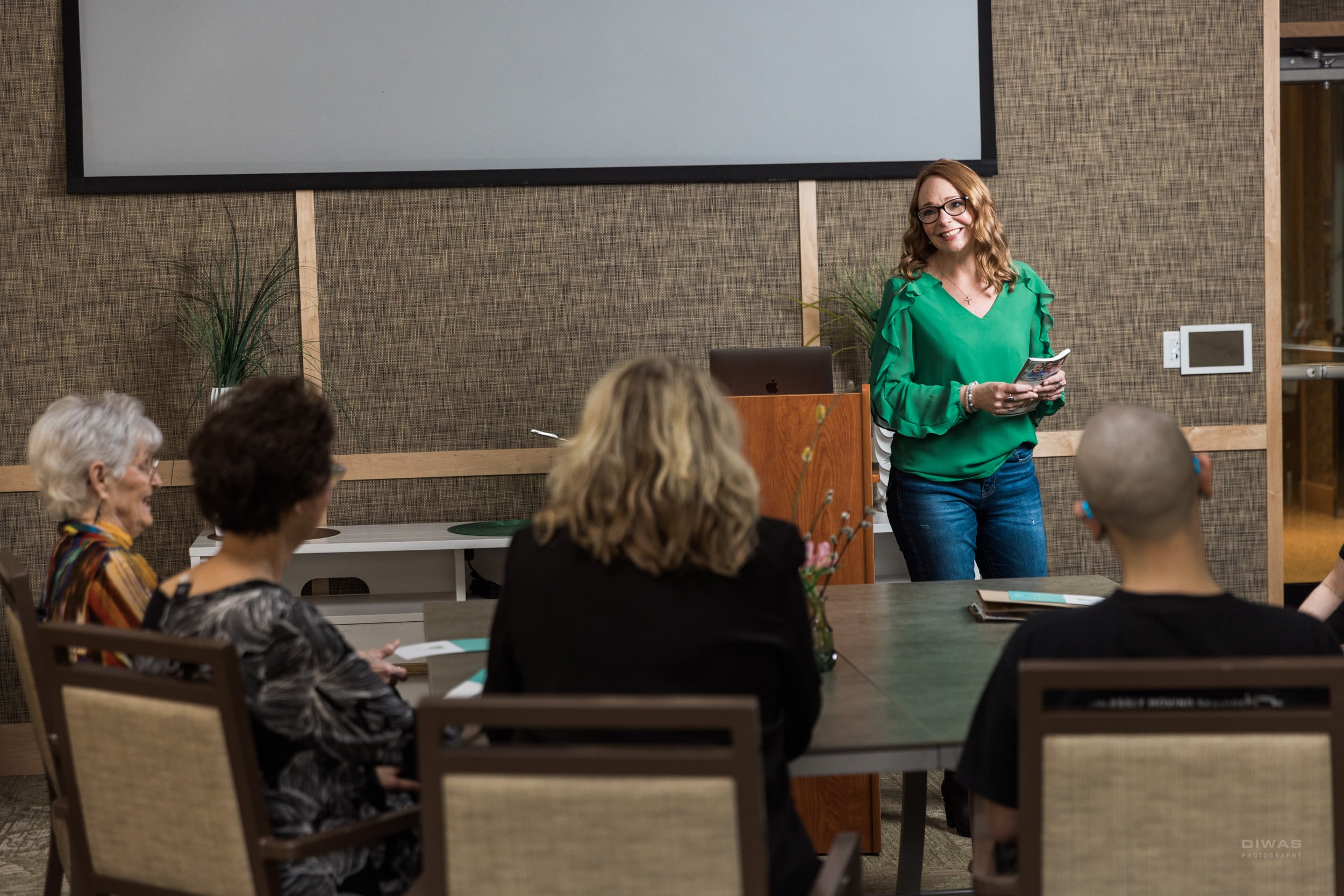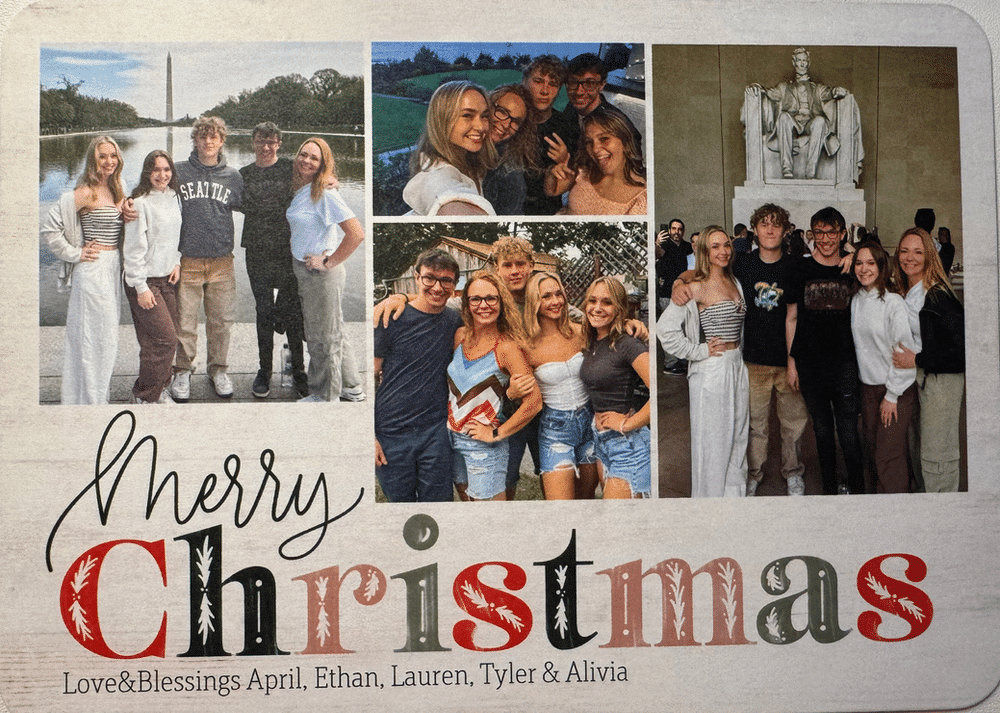
Nobody likes to be forced to do anything. Just as nobody likes to tell their loved ones what to do and how to do it. Sadly, this is common when a major health challenge creates an unsafe and unmanageable care situation, especially for our senior loved ones. Moving when you can no longer live at home safely does not have to be complex. Once families begin discussing and planning for the unforeseen future, the next steps can be as easy as a “what to do” list in a notebook. With my guidance, our open conversation about thoughtful steps to take with your senior loved one can help open the doors of discussion and help the planning begin.
Families can be complex, blended late or early in life, never married, unconventional couples that families disagree with because of age, sex, race, or religion. Family members’ personal feelings can quickly complicate the next step of the decision-making process for loved ones. It is important we delicately consider the factors that bring joy to their lives. Generationally speaking, today there tends to be more acceptance for relationship choices, but at times I have seen the pendulum swing in the other direction, causing hurt when a loved one has decided to love someone their family would never accept. LBGTQ individuals who never felt the safety to state their true identity, or someone who falls in love late in life, can be quite difficult for a family to embrace. As our loved ones age, they become more open about themselves. Age can often bring an “I don’t care” attitude. An “I have earned the right to be who I am” mentality. We must be loving and thoughtful with our approach to these seemingly abrupt changes. An unbiased third-party is a great option to ask questions that are not overly personal, especially when the person asking has nothing to gain. With a third-party, defenses are lower, openness, truth, and trust can be established at a level that honors the path of investigation and protection. As a third-party support, I can ask questions that others cannot or do not feel comfortable asking including questions around plans or wishes for care, personal decisions about death, and how they would like to be honored. My inquiries are personal and profound but not offensive, as I am trying to plan and guide accordingly. My relationship creates an ability to ask and connect that is natural and non-intrusive.
In life, there are promises made. Until death do us part is a true promise to many, bequeathing the solo caregiver a role that can be impossible to bear. It has only been the two of them for half a century or more, and neither can fathom a life apart. All too often, the health of both people deteriorates with the heavy care of one person keeping their promise. Promises made at a diagnosis sitting in a doctor’s office as we learn of significant life changes like a terminal illness. Most will immediately turn to their partner in support and promise there will be no way they will live apart. They will show the highest level of support in an unsure space and time. This is a genuine and loving reply to bad news. “Don’t worry, I will keep things as normal and stable as possible and make no changes at all.” Which translates to, “I have no idea what we are getting into, but I will promise the sun, moon, and stars no matter who is deteriorating in the process.” The guilt of being the healthy spouse is overwhelming, so we promise to give our health away because we are not terminal, which only seems fair. It is a way to show love, but the well-spouse has no idea what they are signing up for. The burden of care is often more than a team of people can handle. Day-in and day-out, home care is not something we can shoulder alone. The promise may need modification to mean “I will not leave your side, but I may need someone else to do the heavy lifting.”
When we start to unwind the next steps, considering care outside the home can be emotional and highly volatile. One day to the next is a challenge. When done well, five categories determine the best customized approach. These categories lay out the available options naturally, especially if the family shares in the discovery process:
-
Personalized needs can be the most important for a smooth transition. Access to animal therapy for someone who longs for the love of animals, access to religious worship, access to lifelong learning or intellectual stimulus is important. For others, it might be access to regular and supervised body-in-motion activities, from machines in the gym to water aerobics and chair fitness. These activities help to offset feelings of sadness and depression that develop from our bodies being limited. It is impossible to overstate the importance of activities that boost endorphins and increase feelings of satisfaction and wellness.
-
Healthy foods within reach can also enrich their life. When people feel nourished and are eating well, they have energy and vitality. This vitality can be depleted without a focus on food choices and prepared options that are appropriate for their health concerns and their personal preferences.
-
Geographic location can mean everything to certain people. Moving your loved one closer to the family for convenience may become a hurdle if your loved one’s partner or best friend with an ongoing relationship cannot access them. Lack of interaction with that person can cause depression. Considering the type of geography, city versus suburban, can also cause feelings of conflict and disrespect if the loved one has a strong opinion about where they live.
-
Medical diagnosis and the progression of the disease can dictate the setting chosen. Many expect to get better when their disease progression makes this impossible. For example, if it is Parkinson’s, dementia will often accompany the disease. If you choose a property without memory care, where will you move your loved one should they be asked to leave due to lack of medical support by the facility? It is important to ask questions of their doctors, specialists, and the possible property you are considering.
-
Budget is often the elephant in the room. People are either afraid to know or are uncomfortable with a money/budget conversation. Will their budget allow for full self-pay? Will the property/provider accept the amount of money you have left prior to a need for Medicaid, or will they accept Medicaid at all? There can be many solutions that ensure the care needed is covered by the resources available, such as selling a family home. The care of your loved one, who cared for others and worked so hard for decades, deserves a safe and clean place that suits their needs. The options narrow significantly without financial resources. Having access to resources for private pay, even for 12 to 24 months, can make a huge difference in the options available. Even having some private pay means nicer outdoor spaces for you to enjoy, like covered porches and gardens, better food options and private rooms. I urge families as much as possible to put their feet in the shoes of the person they are making decisions for. Would you want to share a room? Would you want personal space? Would you like access to life’s treasures that are meaningful to you each of your remaining days? What priceless things are important to you? Seeing the sun rise or set, maybe a space to watch the birds? Having space to enjoy your favorite recliner next to your bed and a private space to use the bathroom. Believe it or not, budget can dictate these simple pleasures.
It will never be easy or perfect, but there will be a solution. Large property, or small. Adult family home or boutique care. There is a way to find what is needed and also to provide quality customized care with most of your wants. I take the next level of uncovering needs as a high responsibility. Planning for the unforeseen is important, personal, and complex. Every need is unique, and getting the details accurate and aligned for the journey is important. When done correctly, the approach leads to a custom solution that will meet most of the personal needs of the people we love. We do all we can to include what matters most to the soul. As I always say, we do our best to meet most items on the list. Reach out and let’s get started on your customized plan today.
-
Previous Post
Precious Memories Help with Grief and Coping
-
Next Post
Consider The Story. How Would You Cope?






